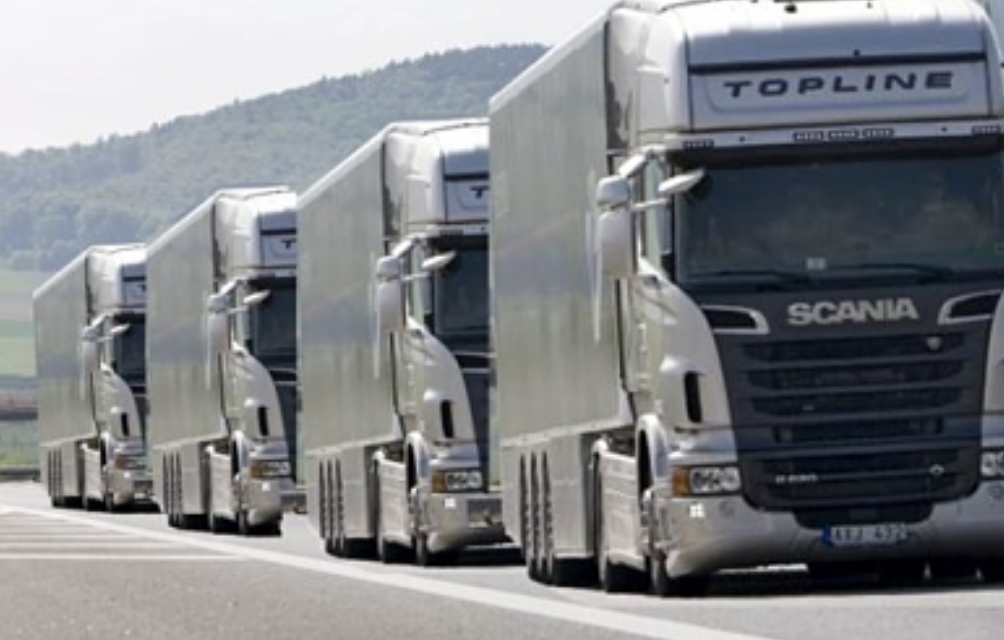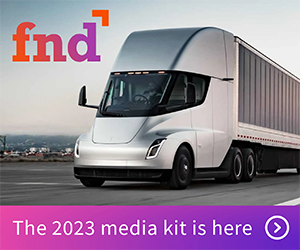Ride Share for Freight Expected to Drive Down Shipping Costs
The digitization of the logistics industry impacts each element of the value chain – from the shipper, over the broker and the carrier to the warehouse.
Rising digitization throughout the freight brokerage value chain is improving the efficiency and flow of freight from pick-up to drop-off — particularly with the advent of Uber-style, on-demand, “ride sharing” style services for shippers.
Many large brokers are increasingly leveraging digital solutions to augment their offering. Digital brokers provide value-added services to attract carriers and shippers.
What’s more, according to Frost & Sullivan, algorithms, which streamline the process and pass on the savings to the shipper, allow automated freight brokers to take significantly lower commissions (5%–10%) than traditional brokers (15%–20%).
Globally, the connected truck market presents a massive $300 billion opportunity, with the majority of start-ups emerging from the United States, India, and Europe. Most are competing in the digital freight brokerage segment. Examples include companies like Transfix, Freightos, Flexport, Loadsmart or Timocom.
Freight brokerage can be automated using digital technologies thereby driving greater transparency between shippers-carriers and supporting ad-hoc and planned freight demands at lower brokerage rates. Big Data and applications such as traffic prediction, sensors and terrain/weather, mapping, ITS through mobile integration and social media integration will make decision making faster and proactive rather than reactive.
Category: Featured










